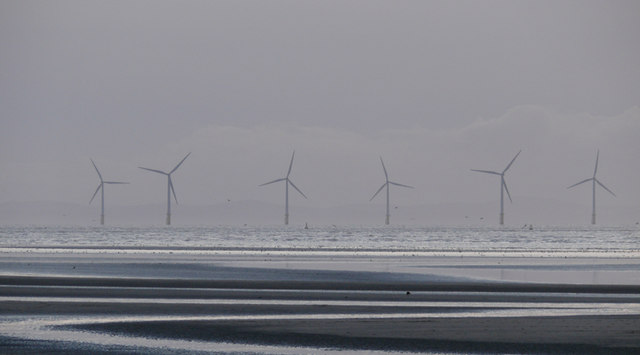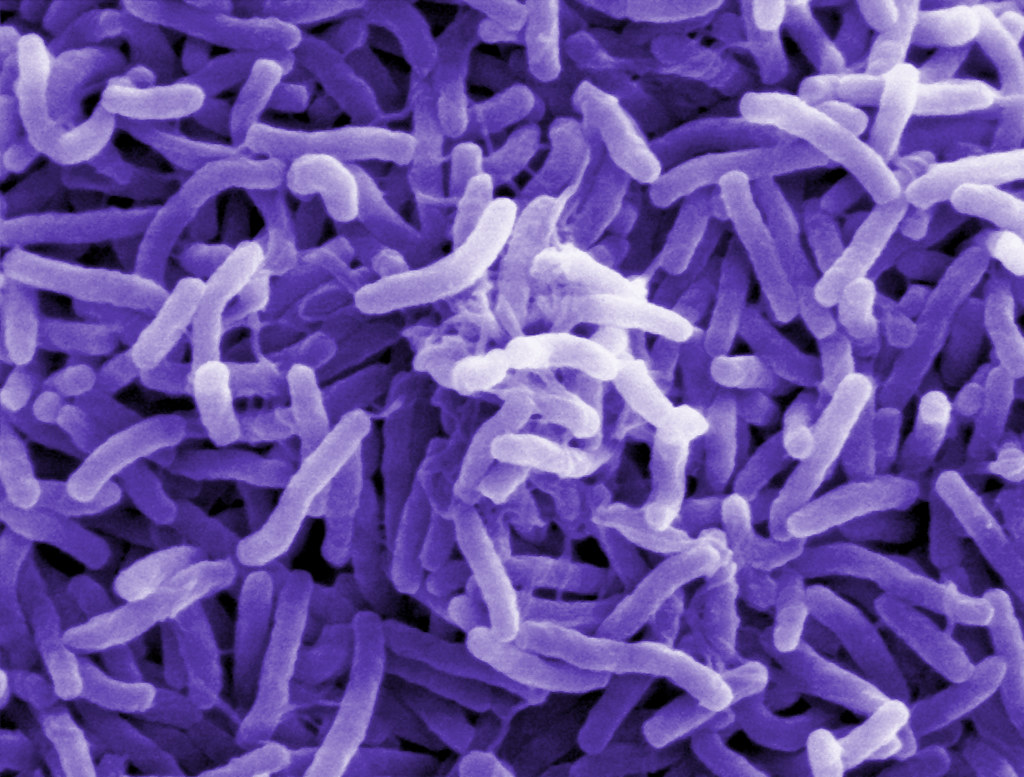In a critical development for marine conservation and renewable energy, ACK for Whales, a Nantucket-based nonprofit, has petitioned the U.S. Supreme Court to review federal approvals for the Vineyard Wind project. The case centers on protecting North Atlantic right whales from potential harm caused by offshore wind development.
The Supreme Court will consider the petition in January 2025, with justices scheduled to convene on January 10 to determine whether to hear the case. Despite the slim odds – only 1% of roughly 8,000 annual petitions receive Supreme Court review – ACK for Whales remains optimistic.
“We feel really good about our case. We think that the government agencies acted improperly, and we think the Supreme Court should hear us and rule in our favor,” stated Veronica Bonnet of ACK for Whales.
Environmental and Legal Complexities
The legal challenge focuses on whether federal agencies properly assessed environmental risks. ACK for Whales contends that the National Marine Fisheries Service (NMFS) and Bureau of Ocean Energy Management (BOEM) violated the Endangered Species Act by inadequately evaluating the cumulative impacts of multiple planned wind projects.
The Department of Justice maintains that federal agencies conduct thorough environmental assessments. In their December 2024 response, they explained that future wind farm impacts would be considered in subsequent project reviews, establishing an “environmental baseline” for evaluating marine life effects.
Bonnet criticizes this approach: “The statements they’re making back to the court are somewhat absurd. If you go through each project… the baseline is never the pristine ocean. That’s the problem.”
Technical Specifications and Safety Concerns
The Vineyard Wind project involves constructing 62 wind turbines 15 miles southwest of Nantucket. According to ACK for Whales’ Supreme Court petition, the group points to blade debris that washed up on a Nantucket beach in the summer of 2024.
Political and Administrative Context
The case emerges as the Supreme Court has overturned the Chevron doctrine. ACK for Whales filed their petition following this development.
The incoming administration change adds another layer of complexity. “The current administration said we want to use an all-of-government approach to deploy 30 gigawatts of offshore wind, and that goal has overridden so many important environmental laws,” Bonnet observed.
Legal Precedent
Two lower courts previously dismissed ACK for Whales’ arguments. However, as stated in their December 20 filing: “That this petition focuses on only one aspect of the agency’s shortcomings… does not render this petition unworthy of review by the Supreme Court.”
Similar Posts
Marine Conservation Impact
The North Atlantic right whale population faces critical endangerment. The case raises questions about balancing renewable energy development with marine species protection. The DOJ states that the National Marine Fisheries Service’s biological opinion was updated in August 2024, maintaining their position that Vineyard Wind will not jeopardize whale populations.
A decision on whether the Supreme Court will hear the case is expected by mid-January 2025.

















